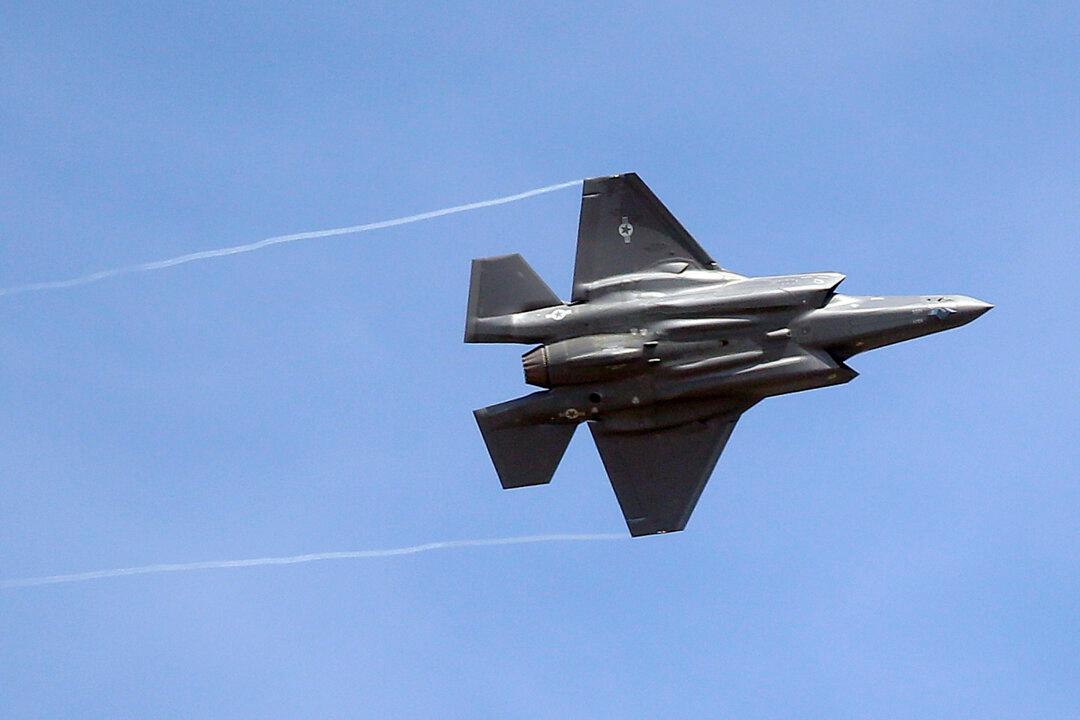The U.S. Department of Defense (DOD) is taking steps to ensure that U.S. defense companies decouple from supply chains involving China as much as possible.
The U.S. military’s reliance on Chinese inputs came into the spotlight earlier in September, when the Pentagon halted deliveries of fifth-generation F-35 fighter jets after it was found that a component used in the engines came from China. The component was a magnet made from a samarium and cobalt alloy originating in China.





